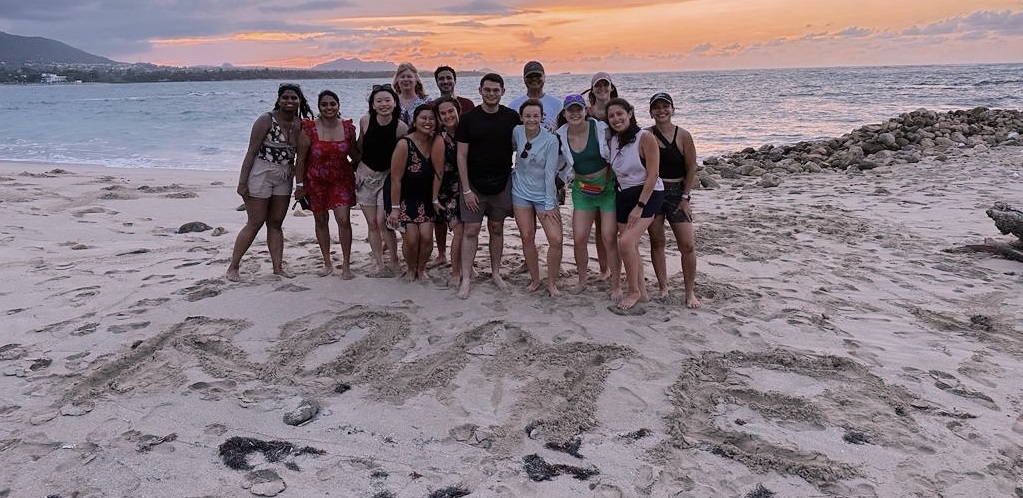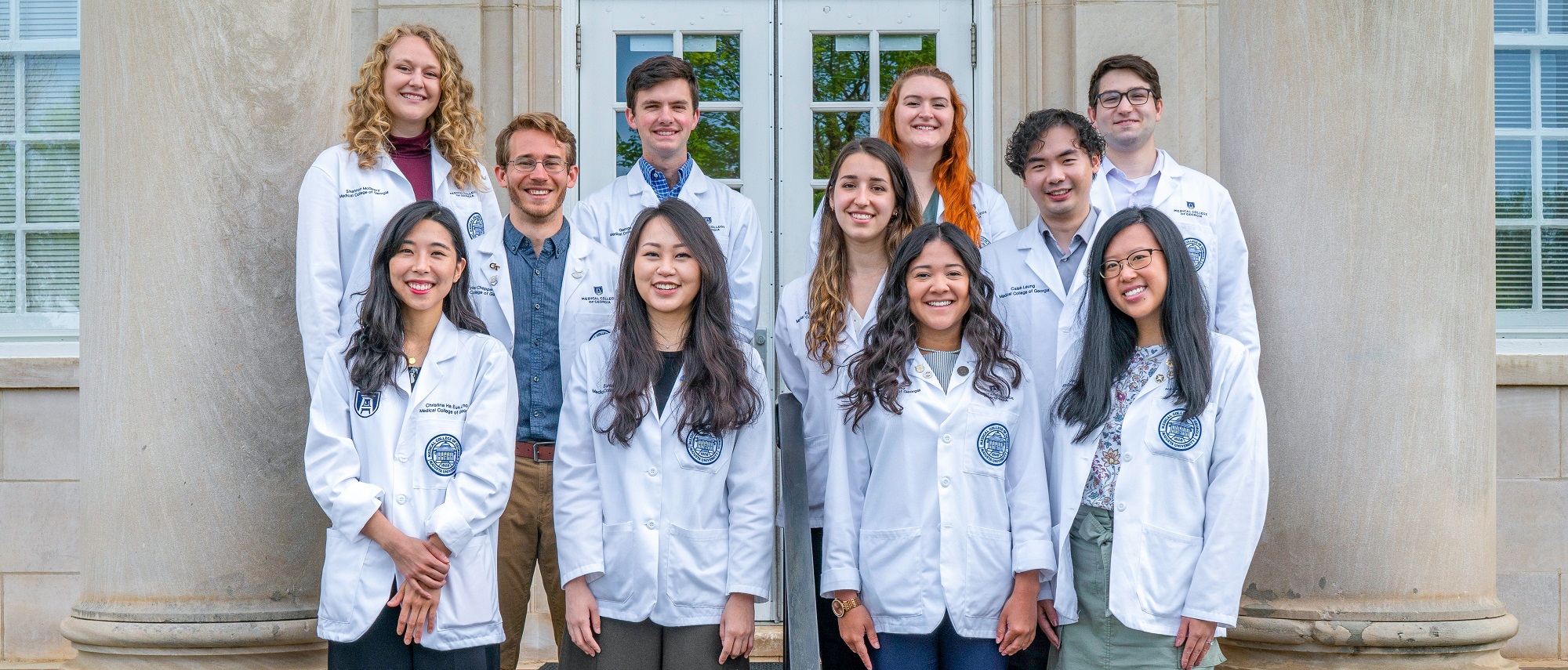
Curriculum
Rome's cohesive medical community, enabled the development of a longitudinal integrated curriculum for the campus, an approach that lets students experience different specialties over a longer timeframe.
Rather than completing a six-week rotation students work a week at a time on services, enabling them to get to know their patients better and see the results of their care. Immersions occur twice per year for surgery and obstetrics since they are heavily procedural in nature,
The scope of care includes prevention, ambulatory visits, diagnostic services, hospitalization, surgery, home health, rehab and hospice. Students also work as part of an integrated health care team that will include a variety of other health sciences students as well as practicing professionals.
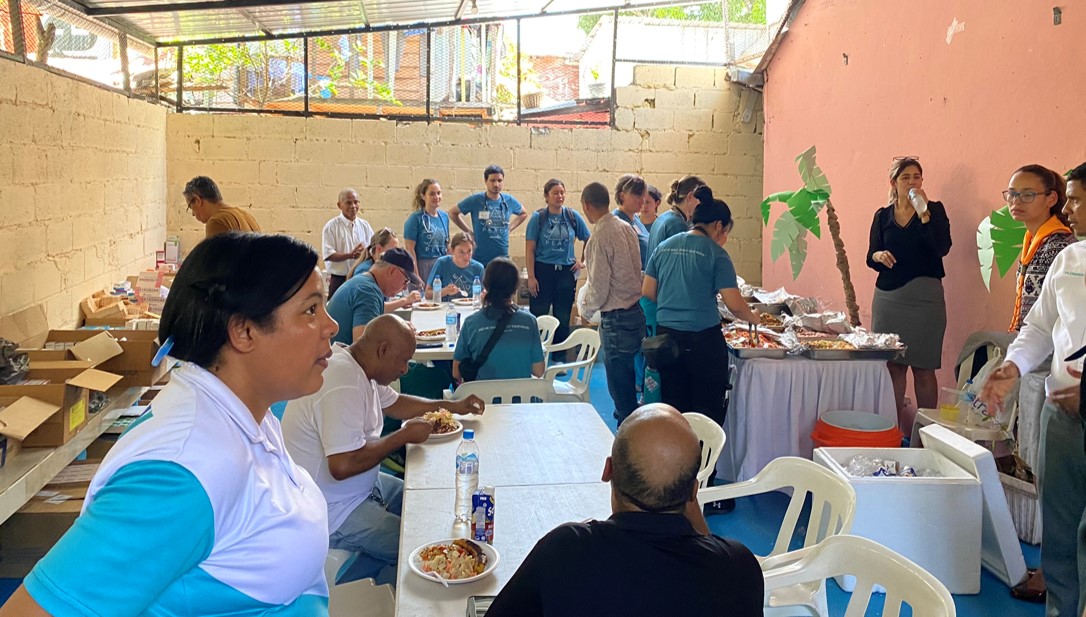
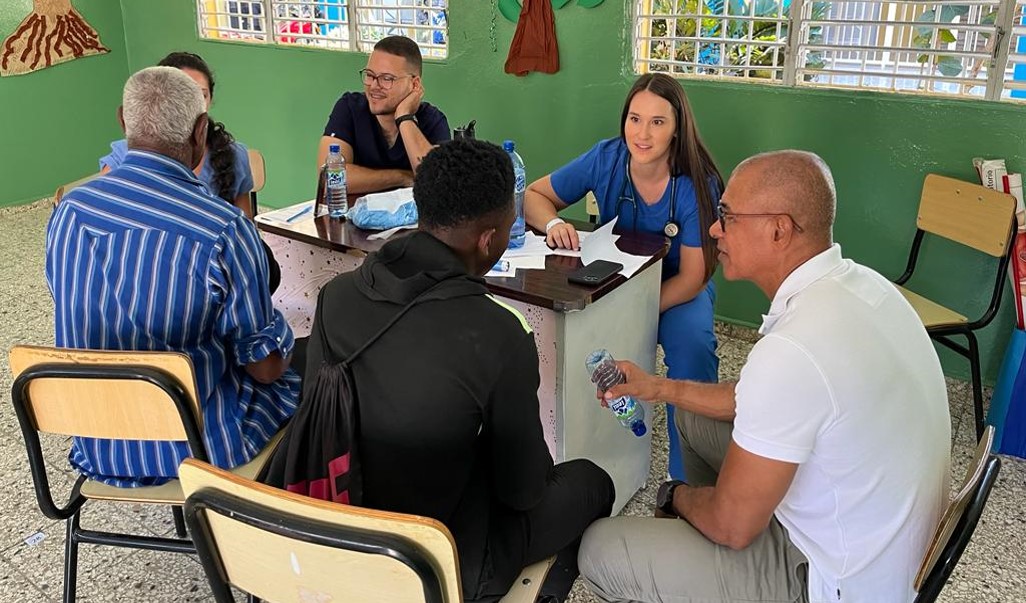
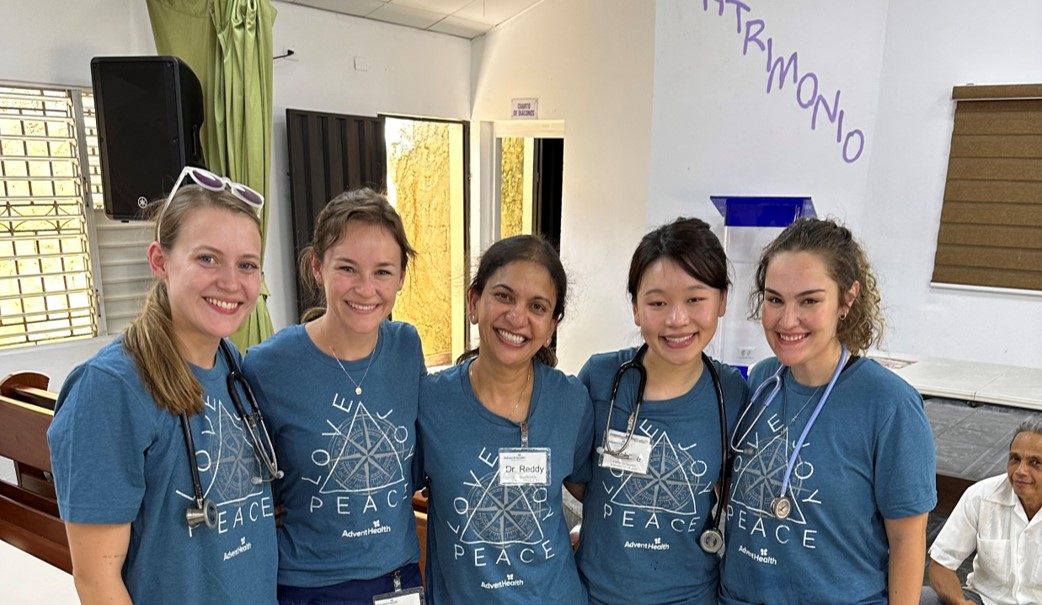
The third-year experience includes core clerkships in family medicine, internal medicine, neurology, obstetrics and gynecology, pediatrics, psychiatry and surgery along with an elective.
During the fourth year, students will complete four-week rotations in emergency medicine, critical care and adult ambulatory medicine as well as an acting internship in family medicine, neurology, medicine, pediatrics, surgery or obstetrics and gynecology. The remainder of the fourth year is for clinical and research elective studies.
Students also complete a total of four, four-week electives to fulfill graduation requirements. Evaluation during the clinical years is based on assessment of knowledge, clinical skills and professional behavior on an A-F scale. Passage of the U.S. Medical Licensing Examination Step 2 also is required.
